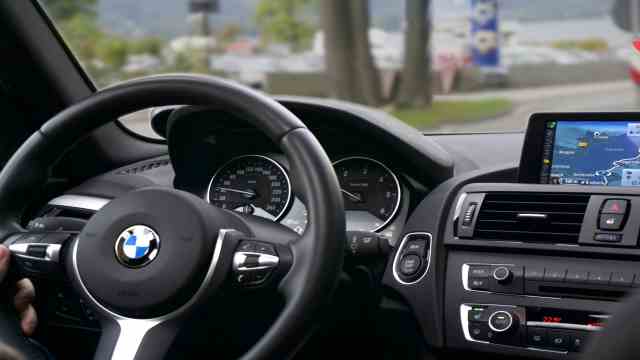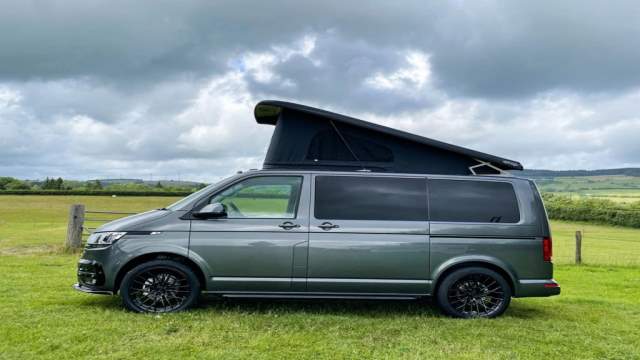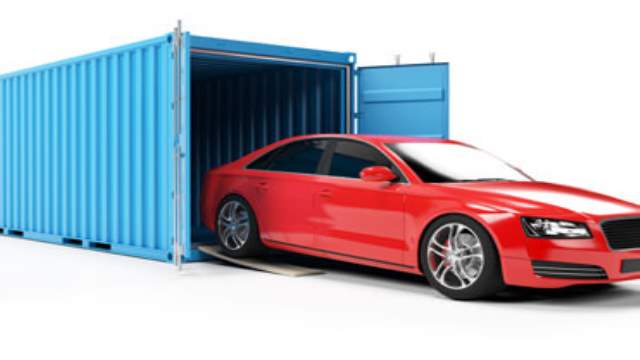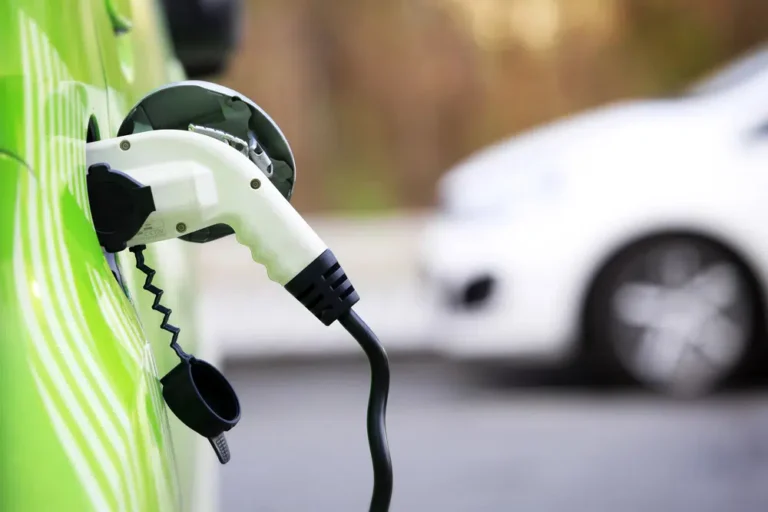Exploring Your Options: New vs. Used Cars
Probably the biggest decision you make when buying a car is whether it’s brand-new or whether it’s used. They both have their pros, but they are meant to address different needs and priorities. New cars come with the latest technology and carry a warranty that has shown itself to be relatively reliable; used cars are more budget friendly as they depreciate less. From this article, you will be able to figure out the reasons to buy a new or used vehicle, ultimately giving you an informed decision.
Cost Considerations Upfront Price vs. Long-Term Savings
The primary difference that may come up regarding new versus used is cost. New cars have a higher front-end price but include a warranty plus lower maintenance costs in the early years. Another bonus of used cars is that they are relatively less expensive upfront. They also don’t lose their value as fast as a new car would. Depreciation is one of the highest costs of owning a car, and by the time a new car has left the lot, it has already started to lose its value. So, if the need is to really save money, then possibly a used car might be better, but it could be more costly in the long run on maintenance.
Reliability and Maintenance Needs
Reliability-wise, new cars are better with zero miles on the odometer and the latest engineering, hence with fewer mechanical problems early on. Several new cars also have warranties from the manufacturer covering repairs for many years, hence making them more reliable. But used cars may have higher mileage and more problems than a general vehicle that really needs to be maintained. Still, if you do not mind a little legwork and finding a mechanic whom you can trust to look at the car, then a good used car with proper maintenance can be just as reliable. But at a fraction of the cost.
Latest Technology and Features
If you really need the most up-to-date features in a vehicle, buy a new one. In this regard, the new cars at most dealerships are equipped with the latest technologies, including infotainment systems, automatic emergency brakes, and fuel-saving engines. All these amenities come with a wonderful ride experience, convenience, and security value additions. While an old car might miss most of the late-on technologies, many are fitted with most of the features if they are not more than two or three years old. Some used cars may even offer features you could not afford if you had to purchase a new one, given the low prices of the used ones.
Financing and Interest Rates
Financing is a major part of the process of getting a car, and the interest rates for new cars may be different than used cars. Mostly, new cars receive low-interest rates with great financing deals since manufacturers and dealers give in to selling their inventory. Still, for used cars, you could have excellent financing deals at places like Devils Lake auto dealers that specialize in pre-owned vehicles. They usually have quite a few financing options, so it becomes more comfortable for customers with budget constraints. Try to shop around and compare the rates, both when buying new and used.
Resale Value and Depreciation
New cars depreciate quickly, especially in the first years. If you are going to sell or trade-in your car after some years, the used car will be better retained in value compared to the new one because a used car has already passed the steepest point of its depreciation curve and, therefore, it will decrease in value more slowly with time. This makes used cars a wiser investment in terms of value over time. In the event that you anticipate holding onto your car for a long time, then the resale value of a new car would not be as significant, and years of trouble-free driving might vindicate the higher cost upfront.
Conclusion
Choosing between a new and used car is a decision that comes down to personal preference, budget, and lifestyle. New cars are equipped with the most up-to-date technology, warranties, and reliability but come with a very high price and very rapid depreciation. Used cars come with a lower price; they depreciate slowly, and sometimes you even enjoy savings for the initial costs, but they require more maintenance. You can make a choice that works best for you if you consider all those matters: cost, reliability, technology, financing, and resale value. Whether you opt for a new or even a used one, finding research and going to dealerships within your region helps negotiate the best possible price.





